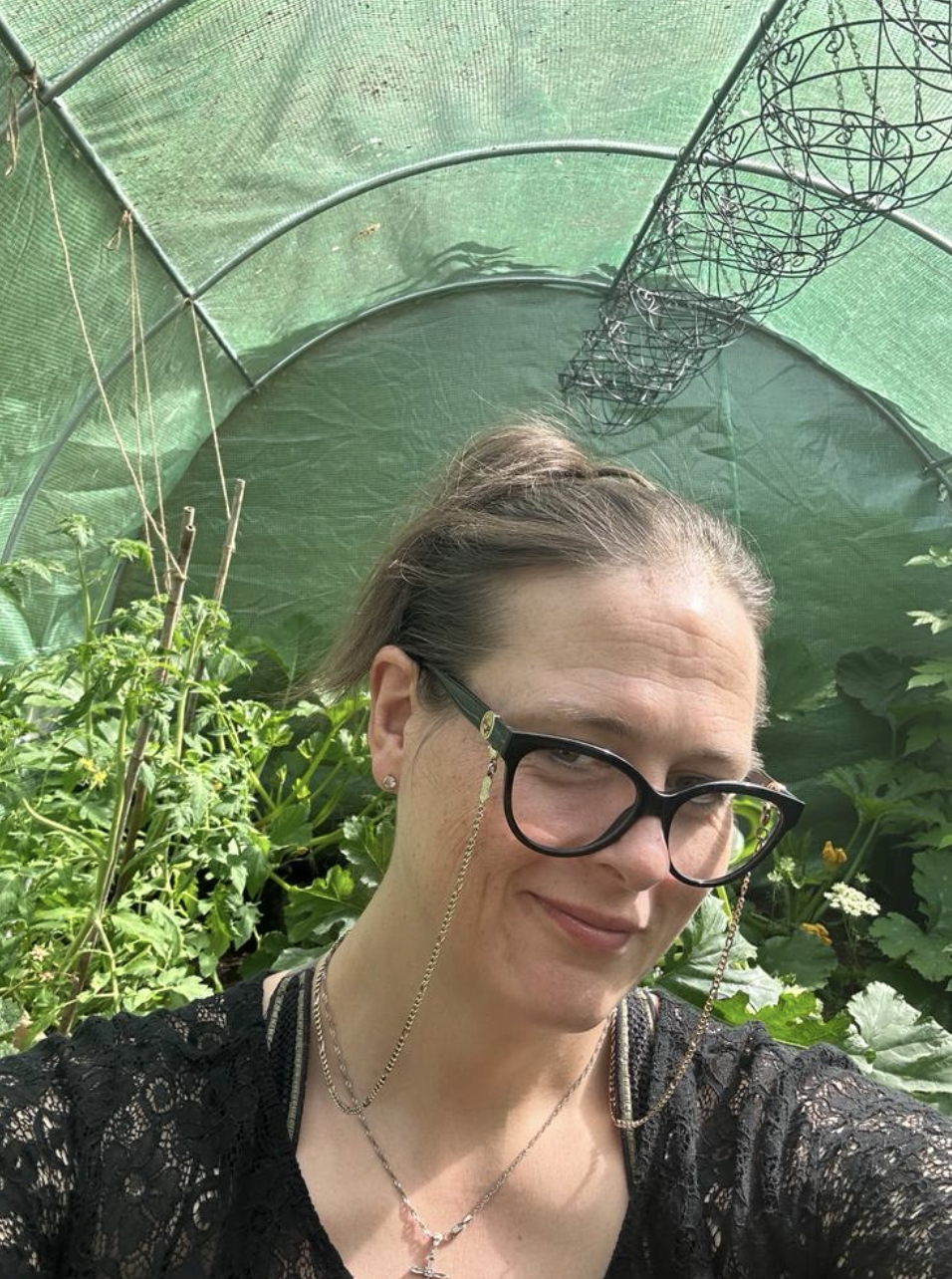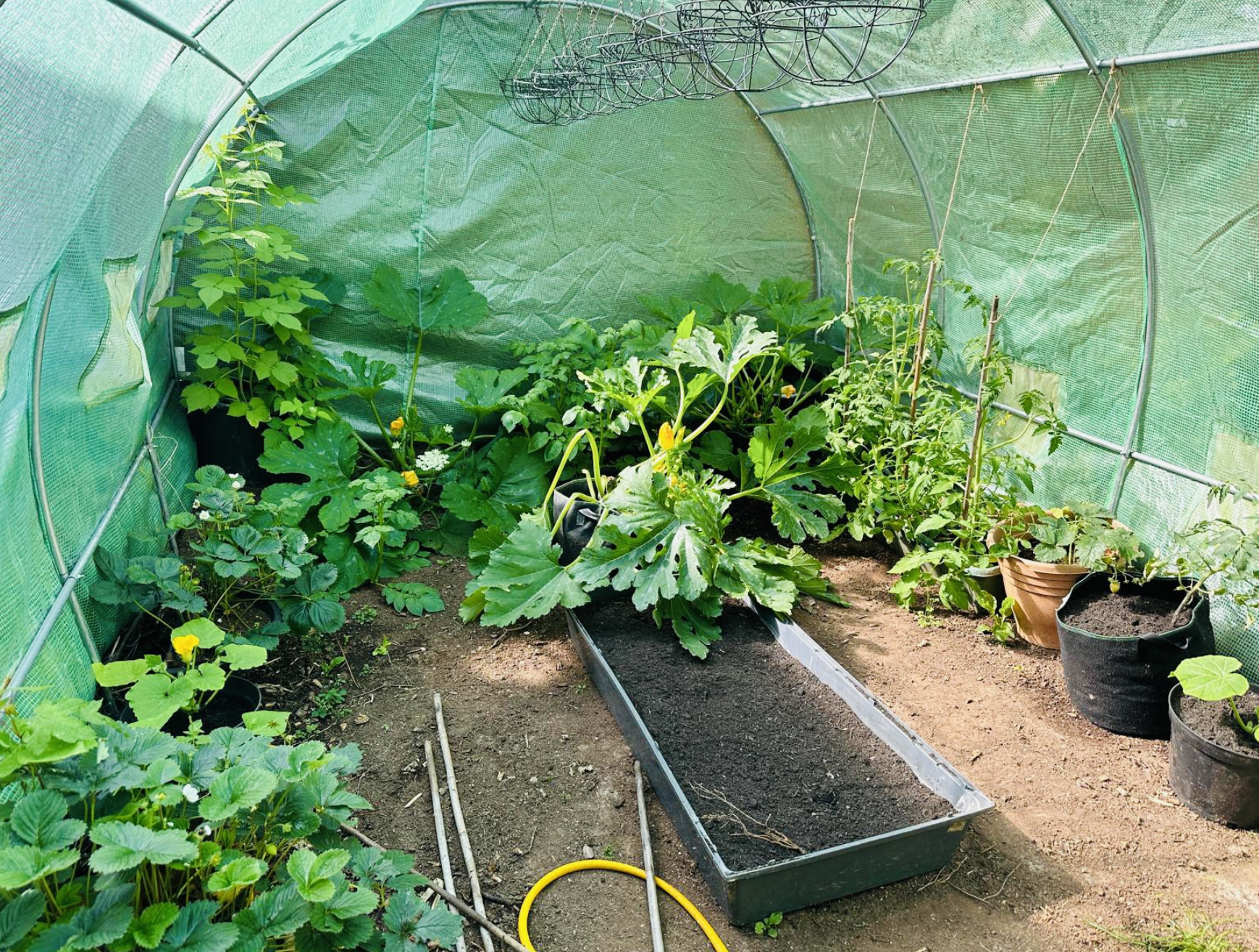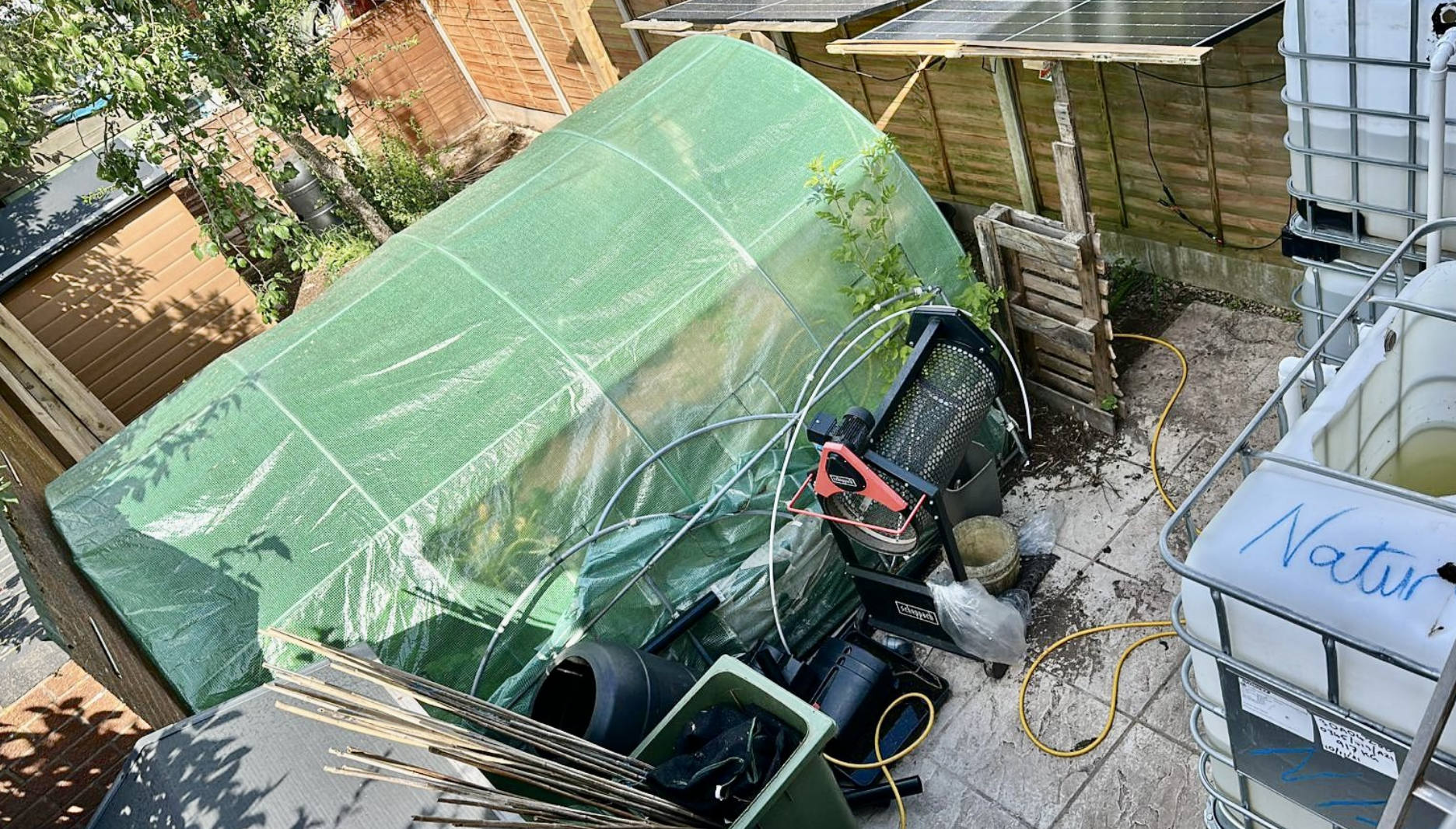We’ve been quiet at the Lab. But we are about to get a lot louder.
The new Bromford Strategy has been launched - and with it comes a focus on place-based working and removing barriers for customers and colleagues.
This post is the first in a series looking at how communities are tackling big issues using a bottom-up approach. In this post, Paul Taylor talks to Bromford resident Tanya Love.
Tanya lives in Telford, Shropshire. She's a sustainability campaigner and environmental entrepreneur. Using circular economy principles she's been making changes to how her home is run. Tanya is a big advocate of making the planet a more sustainable place, and thinks we can all play our part in tackling climate change together. She's beginning to work with Bromford Lab to document her journey and encourage more customers to join in.
Paul:
Hi Tanya, so what made you interested in sustainability, as you appear to be way ahead of the curve compared to people like me?
Tanya:
I think it's looking at children and the innocence of the world through their eyes. And having a child myself who I care about her welfare a lot and worry about her future.
I see a world that's, firstly, not fair. That causes me distress, and I have to accept there's nothing I can do about that. But I suppose with sustainability it's what you can do for yourself and for your community and for your local family. And it's about what we do have the power to do and what we don't have the power to do.
Paul:
Yes, starting with what you can make personal changes to is almost always the best place to start. So what do you think we have the power to do?
Tanya:
Awesome things! To start off with the first thing we've got to do is find our common ground as communities. And to do that we need to show leadership by sticking our head above the parapet. And accepting that sometimes we just have to get on and do things and let people catch up when they're ready. And be a little bit crazy and be the odd one out - someone who is prepared to be seen as a bit crazy. It's very difficult for some communities because they can be very divided by so many social aspects. So it's important for a community to be able to let go of conflict that has happened in the past and learn to move on from that and forgive each other as a community. There is one thing all communities and all people have in common - that it is inevitable that if we don't come together we will all experience a level of suffering. It's the consequences of failing to come together that can unite us.
Paul:
I love that, and we saw that at the beginning of the lockdowns, where communities did come together to help each other out as the alternative would have been unimaginable. So how do you think communities and housing associations working together with local authorities could be more creative when looking at sustainability? Where should we start?
Tanya:
That's why I mentioned starting with schools and children as they are so creative. In schools, they will be learning a lot about diversity and problem-solving. The more diverse your community is the more you have different ideas and ways of doing things. So if we get young people on board locally you'll soon see lots of change.
Paul:
I think what's important about what you're saying is that a lot of new ideas get introduced to adults through children. A lot of adults are learning about technological and environmental change from their kids. They are driving quite a lot of the sustainability agenda in practical ways. They are also more optimistic as well. And if you've got optimism, that's a huge part of innovation.
Tanya:
Absolutely. And I think that's a really good point. Because I personally can be very gloomy, and I recognise that sometimes if I was a bit more optimistic, I'd be a lot more successful. So part of it actually, letting go and accepting some things have to change about ourselves as well.
Paul:
I know we're going to be doing more blogs and podcasts in the future and following your journey, but what are the kinds of things that you're looking at now in terms of the changes you've made to your home and the way you live?
Tanya:
Okay, I've done lots of things but most people should start with simple things like insulation. I could talk about my solar panels and my water tanks but it starts way before that. It's like making sure your insulation is done properly. And start thinking about recycling and not throwing things that have any value away. For instance, I don't throw clothes out. I just pile them up and get my sewing machine out, because one day and one day soon, I know I'm going to be able to use all of those clothes or bits of them like zips, buttons, and materials. By keeping them you're able to use it to fix things as well. So in the winter, you've got more layers. The reality is energy prices will continue to rise. And yes, we can go for the big things like solar panels, but it's the difference that can be made is through the smaller things like draught-proofing, insulation and having plenty of warm clothes ready for the winter.
Paul:
Great, and that makes it more achievable as well. You're also keen in communities beginning to grow their own food as well?
Tanya:
Oh, absolutely. That's a given. Bromford asked a couple of years ago, what is it we need in communities and my crazy idea was, well, we need polytunnels. And compost and seeds. Because of the war in Ukraine, the reality is the world is going to be competing for grain. And that's how we feed our livestock. Most of our meals are based around that. So to me, if we as a community start growing our food every little bit will help.
One of the things that occurred to me was that there's a 25-year waiting list for an allotment around this area, and my back garden makes a perfect allotment. I can't dig it, but I've put the polytunnels there. Well, what would happen if I rented these polytunnels out? What would happen if I said to someone ‘I know you want an allotment but what about my back garden?’. And in return, you could give me some food and we start trading. And using the land around us to do a bit of guerilla gardening? You know, maybe the council or Bromford would come along and question it.
Oh, and what a shame if there were already vegetables growing there.
What would they do? Would they cut them down? I very much doubt it.
Would we get moaned at? No, I doubt we would.
And if we did get moaned at would it bother us? No. And if you tried to stop us? Well, maybe next time we just wouldn't ******* ask you in the first place.
We'd just get on with it!
Or what about turning our gardens into a place for learning for the youngsters? Like on growing food, vegetables, salad, and even flowers. And I thought, "There's a lot of kids on the street now. So what about seeing if we can get something together?’. Where we can teach the kids throughout the year about growing food and looking after the plants and growing a self-sustaining community together?
Paul:
A lot of these ideas are disruptive in one sense but things like guerrilla gardening have been around for decades and have strong links to the community power movements. Maybe it's just the right time for them to come back into fashion. Thanks Tanya, inspiring as always, can’t wait to see where this goes next.
Connect with Tanya on LinkedIn, she’s available for sustainability and equality and diversity advice
Learn more about the Guerrilla Gardening movement
Cover Photo by Daniel Funes Fuentes on Unsplash



